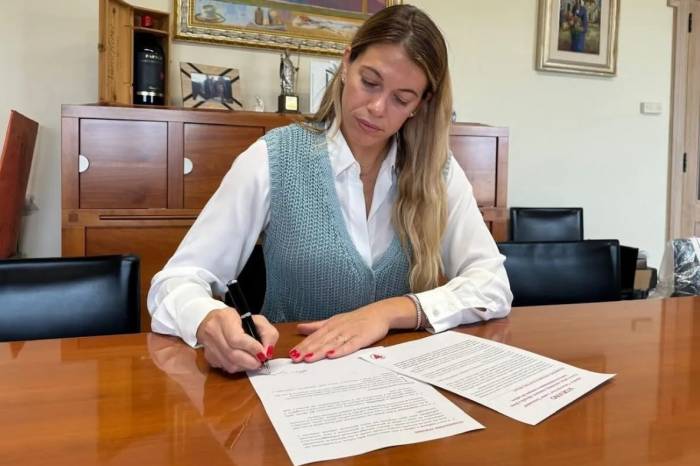 Marzia Varvaglione, President of CEEV
Marzia Varvaglione, President of CEEV
European and American wine producers are urging negotiators to include wine in the new zero-for-zero tariff agreement between the European Union and the United States. The call comes after the announcement of a preliminary deal that could reshape trade relations between the two economic blocs, which together account for the largest wine trade partnership in the world.
The Comité Européen des Entreprises Vins (CEEV), representing European wine companies, responded to the news from Brussels on July 28. The organization welcomed the progress but stressed that the final list of products covered by the zero-tariff arrangement remains undecided. Marzia Varvaglione, President of CEEV, said that both European and American wine sectors have advocated for wine’s inclusion, emphasizing its importance to businesses on both sides of the Atlantic.
Wine exports from Europe to the U.S. generate significant revenue not only for European producers but also for American distributors and hospitality businesses. According to industry data cited by CEEV, every dollar earned by European wine exporters results in $4.50 for U.S. companies involved in distribution and hospitality. This interdependence has made wine a key product in transatlantic trade.
Recent months have seen uncertainty in the sector due to threats of new tariffs. A proposed 15% duty on EU wines entering the U.S. market would have a direct impact on both European producers and American businesses throughout the supply chain. If combined with a 15% shift in currency exchange rates between the dollar and euro, industry experts estimate that total costs could rise by as much as 30%. Such an increase could lead to an immediate drop in export volumes by up to 10%, with longer-term risks to market share and established trade relationships.
Negotiations over which products will be included in the zero-for-zero deal are ongoing. Both sides have indicated that some agricultural products are under consideration, but no final decisions have been announced. The wine sector is watching closely, hoping for clarity after months of trade tensions.
Ignacio Sánchez Recarte, Secretary General of CEEV, expressed cautious optimism about recent developments. He noted that resolving trade uncertainty would benefit thousands of businesses and workers who depend on transatlantic wine commerce. However, he warned that excluding wine from the agreement could have severe consequences for both economies.
Industry leaders are now calling on EU and U.S. negotiators to take decisive action before finalizing the agreement. They argue that including wine would protect jobs, support economic growth, and maintain a longstanding tradition of cooperation between Europe and America in the global wine market. As talks continue, stakeholders await further details on which products will ultimately be covered under the new tariff-free arrangement.

Dining and Cooking